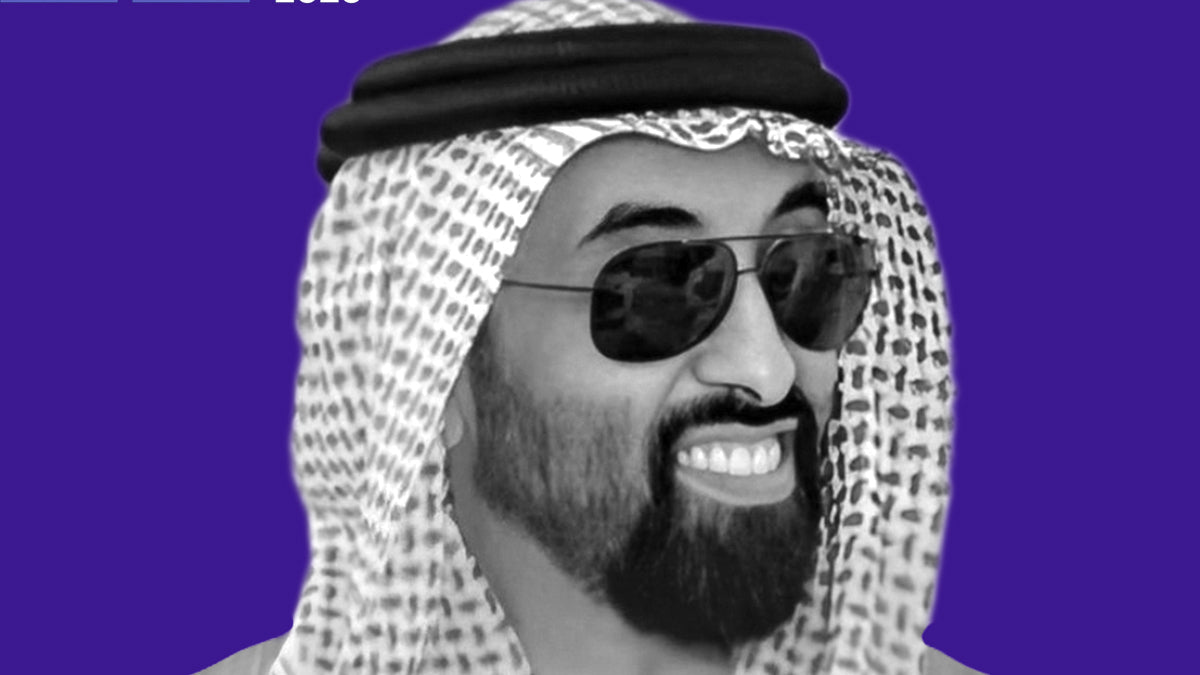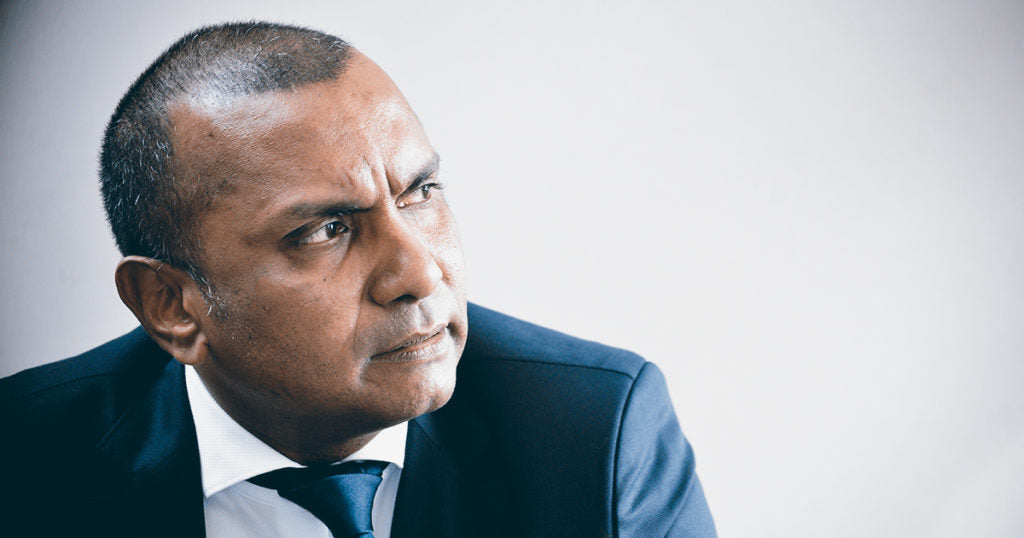
Tahnoon, the Emir of Algorithms: When AI Becomes the Favorite Tool of the Powerful
Is the age of oil coming to an end? Not so fast. But the age of algorithms is well and truly underway. And at its head now sits a prince: HH Sheikh Tahnoon bin Zayed Al Nahyan, propelled to number 1 in Gulf Business 's ranking of the 100 most powerful Arabs of 2025. A consecration? A mere formality for this man who accumulates titles like others accumulate zeros on a check.
While the world is still debating the true role of artificial intelligence in our societies, in Abu Dhabi, the question no longer arises: AI is a tool of governance. And at International Holding Company (IHC), the business empire run by the Sheikh, they talk about algorithmic strategy the way others talk about military strategy.
Artificial intelligence, Emirati version
“AI isn’t just a buzzword; it’s a tool that’s already transforming the way we operate and make decisions,” HH Sheikh Tahnoon states bluntly. It’s an almost banal phrase coming from a Silicon Valley geek, but it takes on a whole new flavor when it comes from a man who controls a portfolio of strategic investments on a global scale, from cybersecurity to biotech, commodities, and media.
Our Chairman, HH Sheikh Tahnoon bin Zayed Al Nahyan, has been ranked 1st in the Top 100 Most Powerful Arabs 2025 by @GulfBusiness . This recognition reflects His Highness's forward-thinking leadership, and his enduring commitment to innovation, strategic investment, and national… pic.twitter.com/ScFm3bxCZ7
— IHC (@ihc__official) April 11, 2025
At IHC, AI isn't just a gimmick to make ESG reports look pretty. It's a lever to seize power—or at least, to maintain it. Optimizing investments, predicting trends, managing human resources, tracking social media opinions: everything is scrutinized by machines. And when the algorithm speaks , even the markets obey.
Between artificial intelligence… and very real power
But be careful, make no mistake: behind AI, there's a man. And behind the man, a network. Tahnoon bin Zayed is also the head of the United Arab Emirates' intelligence services, a discreet but omnipresent strategist in his country's domestic and foreign policy. Ranked first in a list that mixes businessmen, ministers, oil magnates, and digital influencers, he represents this new model of Arab-globalized power, where soft power is measured by the ability to control data flows as much as those of capital.
And while some question the legitimacy of this type of ranking—which is more about political branding than geostrategic analysis—the symbol remains powerful. Because in 2025, being "the most powerful" is no longer just about running a state or a sovereign wealth fund; it's also about knowing how to manipulate the lines of code that make the world go round.
When the Arab world digitalizes its influence
Gulf Business 's recognition of Sheikh Tahnoon also reflects a broader shift: that of an Arab world no longer content to be an energy or tourism powerhouse, but now seeking to establish itself as a player in the fourth industrial revolution. This is the goal of the Emirates, Saudi Arabia, and Qatar—each competing to attract talent, fund AI startups, or forge partnerships with Western tech giants.
But beyond the highly calibrated storytelling around innovation and sustainability, it's a vision of the world that's being constructed here: centralized, strategic, opaque for some, avant-garde for others. A vision in which technology serves as an amplifier of power, rather than a counterweight. And where artificial intelligence is much less a tool for emancipation than a vector of control and performance.
Meanwhile, in Africa?
And on the African continent? The ethics of AI continue to be debated while others integrate it into their economic and security arsenals. Between outdated infrastructure and policies lacking a digital vision, few leaders understand—and master—the challenges of the algorithmic revolution. While Tahnoon is establishing itself at the top of the rankings, some African states don't even have a digitized land registry yet.
Digital domination can't be decreed; it must be prepared. And Tahnoon, whether we like it or not, shows the extent to which those who know how to anticipate technological changes can now reshape entire swathes of the world order. A lesson worth pondering—especially for the powerful who still believe that "power" rhymes only with "territory."



Leave a comment
This site is protected by hCaptcha and the hCaptcha Privacy Policy and Terms of Service apply.